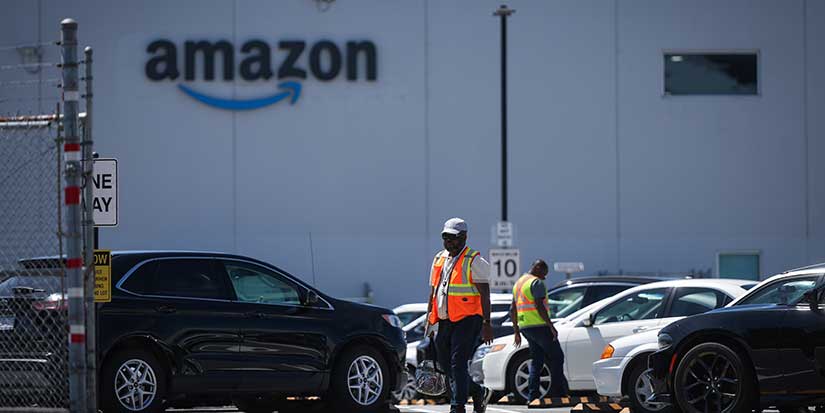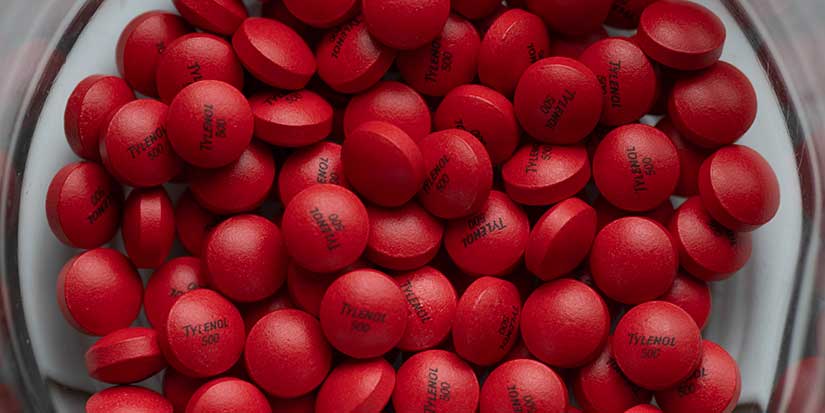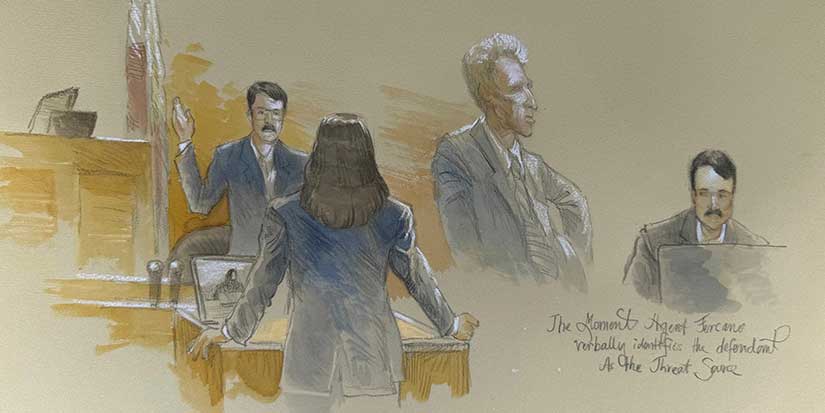Latest News
Counterfeit goods hard to spot, even next to the real thing

Published 12:50 PDT, Wed March 17, 2021
Last Updated: 2:09 PDT, Wed March 17, 2021
—
To you and me, buying counterfeit goods means accepting poor quality that won’t last, or electronics that might damage whatever you connect to them.
But beyond that, there’s an even bigger problem—counterfeit goods have become a worldwide crime crisis, and the list of additional victims can be endless.
The Canadian Anti-Counterfeiting Network estimates the Canadian counterfeit goods market at $20 billion to $30 billion per year. Worldwide, it’s a trillion dollars.
Police have connected organized crime and even terrorist groups to the manufacture and sale of bogus products, which also extended this year to counterfeit COVID-19 treatments and PPE. Unlike legitimate manufacturers, these people have little interest in product safety, don’t pay taxes and don’t provide good jobs with fair working conditions.
If you discover you’ve been duped into buying fake goods, or find them being sold online, at market stalls or at “temporary” retailers, Metro Vancouver Crime Stoppers encourages you to call 1-800-222-8477 to anonymously report the sellers, contact us online at solvecrime.ca, or send the information through the Crime Stoppers’ “P3” crime reporting app.
“We import a lot of goods from other countries, so fakes frequently enter Canada through our ports of entry. People think they’re getting a good deal but clearly that’s not the case if a device gives you a shock or damages your smartphone. And sometimes, there are toxic chemicals in the products,” says Linda Annis, executive director of Metro Vancouver Crime Stoppers. “We urge anyone with information on who’s selling these goods to contact us anonymously so we can pass on the tip to police and other authorities to investigate.”
Tips to protect yourself:
• The prime indicator of most fakes is price. Some things “just shouldn’t be that cheap.”
• Shopping at reputable stores with merchandise sourced from the real manufacturer is a good defense. With online shopping, it’s hard to ensure you’re buying a legitimate product.
• Look for approval labels like those from CSA or UL on electrical products. Even some fakes have them, but anything without them is suspect.
• Don’t just look on the box, check the product itself–and make sure the country of manufacture on the box matches what’s printed on the actual product.
• Look for things that just don’t seem right—poor spelling and grammar, odd UPC codes or printing on products, or previously opened packaging—they’re red flags.
• Be aware, no product is immune. Anything from toys to car and aircraft parts may be counterfeit.































